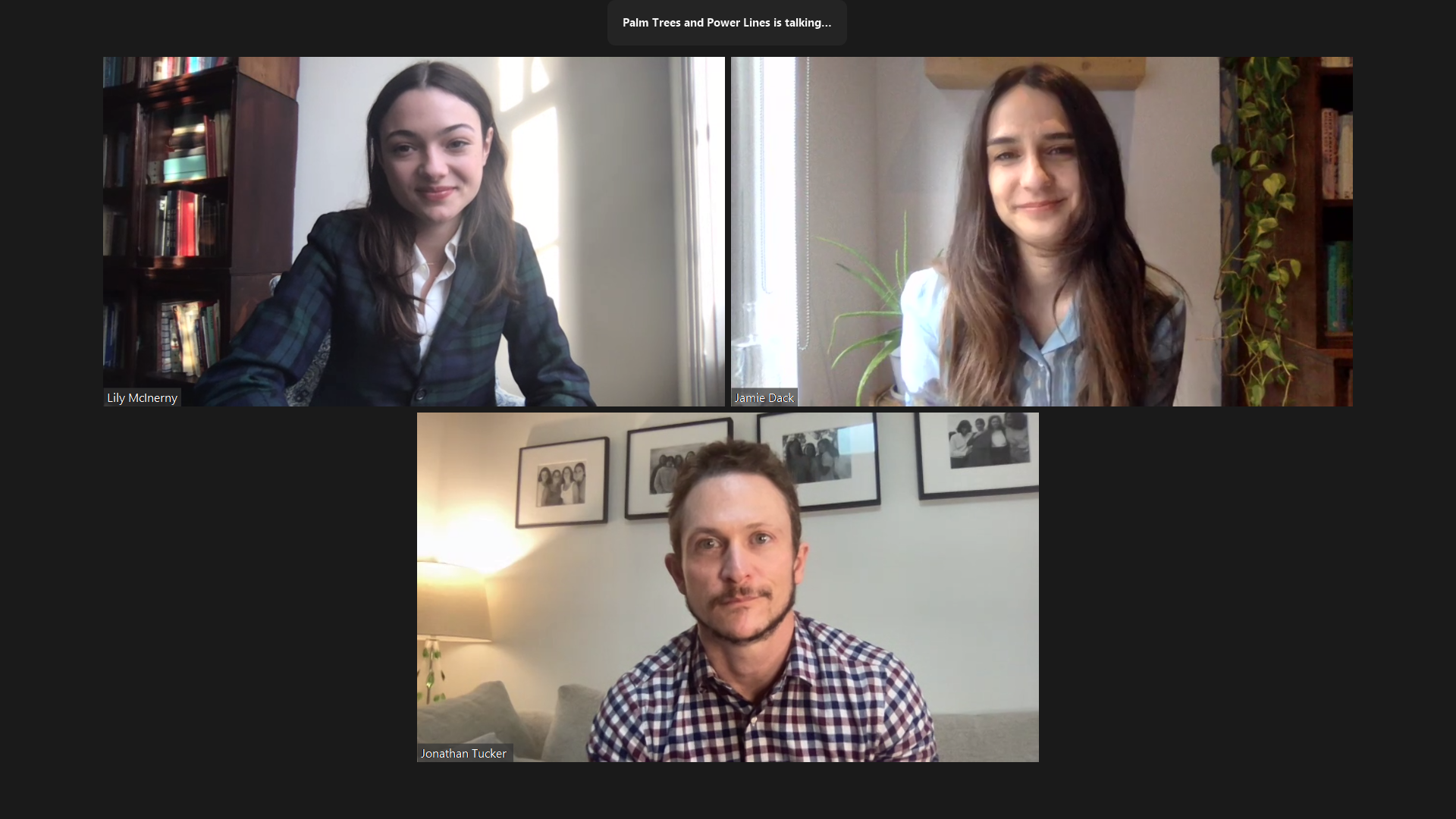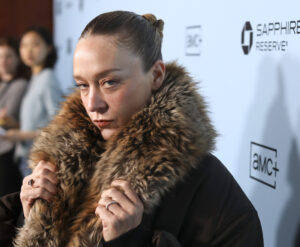By Katie Small
Writer-director Jamie Dack’s first feature, Palm Trees and Power Lines, explores the feelings of loneliness and insecurity that often lead young women and girls into unhealthy or inappropriate relationships. It’s a beautiful, compelling, devastating film that is intuitively told through the eyes of its main character, 17-year-old Lea.
An only child, Lea lives in the suburbs of San Diego with her single mom. She spends the sleepy summer before senior year in a state of dissociation, getting stoned with her immature friends and tanning by the pool, while her emotionally absent mother routinely has loud sex with her on-again, off-again boyfriend. Then one day Lea meets Tom, a man twice her age, who takes a sudden and fervent interest in her life. Tom’s affection breathes new energy into Lea’s world, making the isolated teen feel seen, understood, and loved like never before.
As their relationship progresses, Lea grows attached and begins spending more and more time with Tom and less and less time with her peers. Eventually, the power dynamics begin to shift; Lea’s intuition is tested as Tom begins to manipulate her vulnerability and self-esteem.
First-time actor Lily McInerny delivers a raw and powerful performance as Lea. In the post-premiere Q&A, Dack says she intentionally chose a newcomer for the role. “I knew that I really wanted whoever was going to play Lea to feel like a real teenager,” she says. “There are so many great actors out there, but I didn’t want it to be somebody people knew […] I thought that it would be more powerful and painful if they were able to get lost in not knowing this person.”
Through Dack’s script and cinematography, Lea is granted sole subjectivity, something that cinema tends to deny teenage girls. The story gradually reveals the complexities and nuances of how adolescent vulnerability can be exploited.
“I was quite concerned that people were going to judge Lea as a character. Call her stupid, or not understand,” Dack says. “I hope people can come away understanding how this happened to her and how it can happen to anyone. I hope, especially for women in the audience, that if they identify in some way, I hope they feel validated getting to see their story told.”







